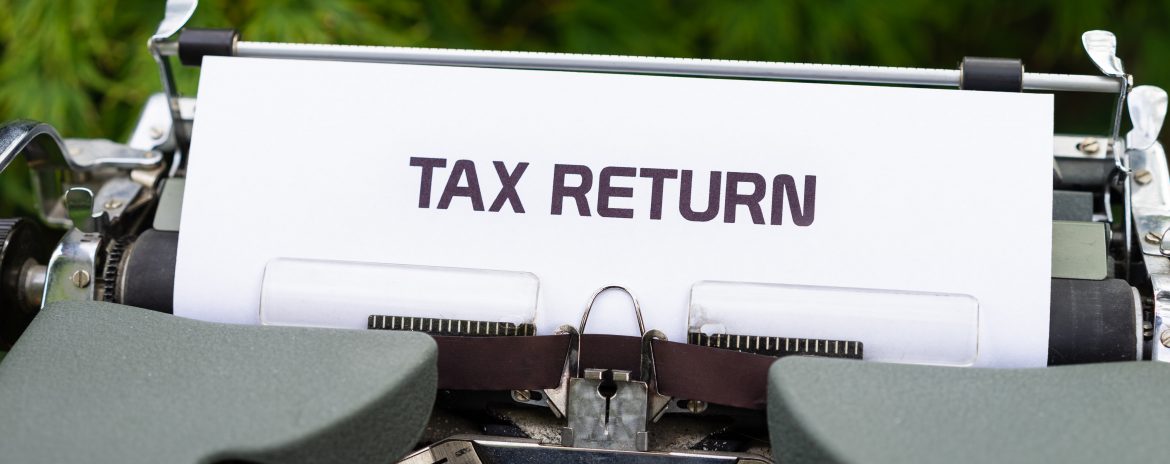I’m sitting here musing about the number of calls I’m still taking from (potential) clients regarding taking them on for this year’s self-assessment submissions. It’s got me thinking. Why do some people leave this to the last minute? After all, it is now exactly 11 days to the end of the month, and if, as I read somewhere a few weeks ago, some 2,700 taxpayers took time out from their Christmas day festivities to go online and file their self-assessment tax return for 2019/20, why at the start of this month have a reputed 45% of taxpayers (some 5.4 million) still not filed their returns by the start of January?
To those still looking for someone to help file their 2019-2020 tax returns, it may just be that you’ll have to make the submission yourself. If this is you, a word of caution: it is very easy to make mistakes – especially when left to the last moment – so here are some tips which might help you with your filing:
Online help
If you received any casual income, new interactive guidance is available to check whether the income has to be declared. This might include:
- selling things, maybe online, or at car boot sales and auctions;
- doing casual work, such as gardening, food delivery or babysitting;
- charging for the use of equipment and tools; and
- renting out property or part of your home.
Don’t forget expenses
For employees and directors, make sure you claim tax relief for any job-related expenses which your employer has not reimbursed. With professional fees or subscriptions, remember to include the amount paid during 2019/20, as these usually increase annually.
Where your own car, motorcycle or bicycle is used for work, a deduction can be claimed based on HMRC approved mileage rates. Remember that travel to and from work only counts if it’s to temporary workplaces.
If you have been required to work from home due to Covid-19 or otherwise, you can claim £4 a week for 2019/20 to cover the additional cost.
Don’t forget income
For employees and directors, don’t forget to include any taxable benefits listed on your P11D if not automatically included by HMRC. Include interest and dividends received, although you can ignore ISA income.
However, for the self-employed, none of the Covid-19 grants paid so far are to be included for 2019/20. It’s now too late to have any tax due collected via your PAYE coding, so make sure you are set up ready to pay HMRC by 31 January.
At the time of writing, it has been reported that HMRC are going to waive fines for anyone who files late this year if the delay is due to Covid-19. Any fines may be waived if you explain how you were affected in your appeal. You must still make the return or payment as soon as you can. The Chancellor is also apparently considering extending the filing deadline for everybody, moving it from 31 January to 31 March, although this has not yet been confirmed.
HMRC provides live webinars on how to complete your tax return, although the sessions covering employment and self-employment are only available just before the filing deadline. Registration details can be found on their website.
Photo by Markus Winkler on Unsplash







